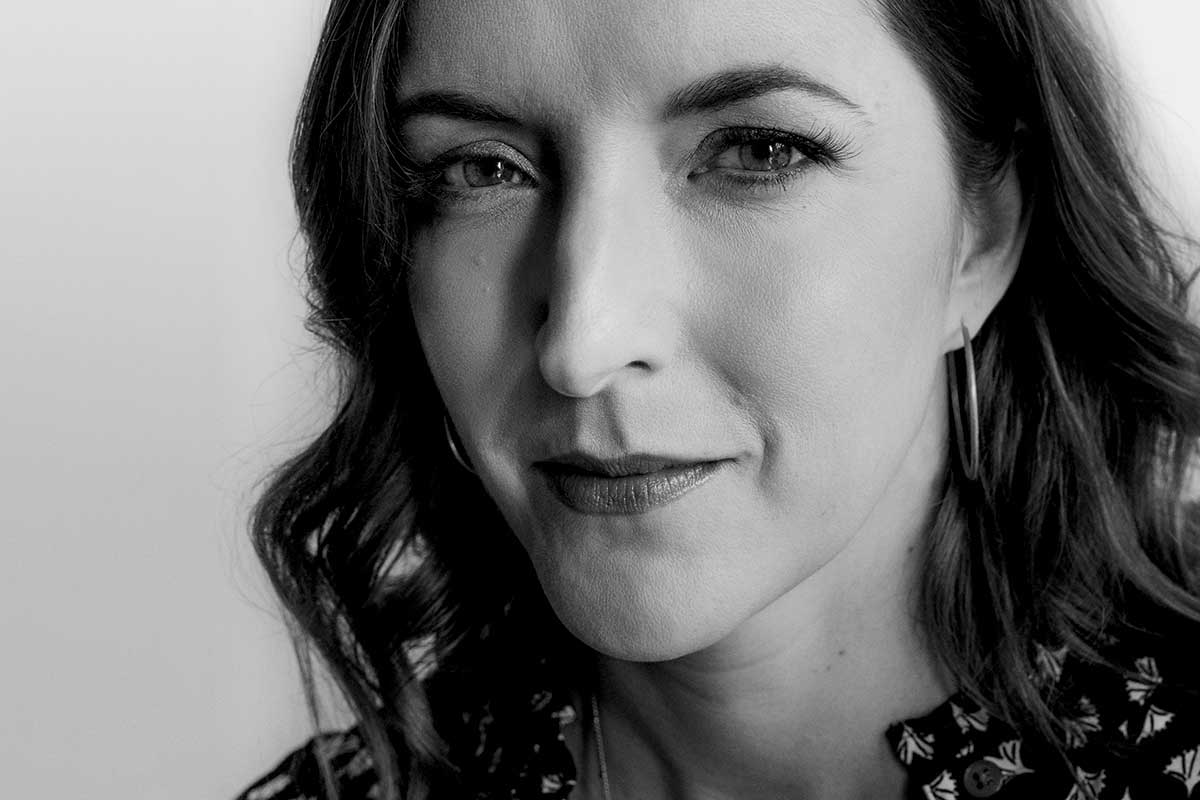Rebecca Makkai never set out to write a sweeping epic about Chicago during the height of the AIDS crisis. That underdocumented chapter of the city’s history was supposed to be merely the backdrop of a single character, a gay man living in 1980s Boystown, in her third novel. But as Makkai got deeper into researching the epidemic and its effect on the city, that narrative thread became the central one. Most books about AIDS, she knew, focused on New York, San Francisco, Paris, or London. “Chicago isn’t even in the index of a lot of those. There was so little information out there, so I ended up at the Harold Washington Library reading back issues of the Windy City Times, and that felt really cool, like I was in a secret lair with a treasure of archives.”
The result was The Great Believers, a tour de force four years in the making that garnered a rave front-page notice in the New York Times Book Review and was named a finalist for the coveted National Book Award.
Somehow, being elevated into the national literary firmament seems to have only deepened Makkai’s roots in Chicago’s writing community. She is the artistic director of the writing center StoryStudio Chicago and teaches in Northwestern University’s graduate writing program. On the day she was interviewed for this article, she cohosted a book launch for Chicago author Samuel Park’s posthumous novel, The Caregiver; two days after that, she kicked off the inaugural StoryStudio Writers Festival, which she organized. “Initially, my involvement came from enthusiastically saying yes to everything because I was so damn excited to be asked,” she says. “That has turned into a feeling of responsibility and ownership over the Chicago literary scene in terms of making sure we keep coming together and that younger writers can find out what’s going on.”
But Makkai is more than a model literary citizen. By bringing a crucial piece of the city’s complicated history to a national audience, she has become one of Chicago’s preeminent cultural emissaries. She’s happy with that role. “Honestly, a lot of it is Chicago ego. I want stuff to happen here that people notice in other cities.”



